by Dr. Krista Sherman, Senior Scientist at PIMS
The Perry Institute for Marine Science (PIMS) is executing pilot 3 of the Access Benefit Sharing (ABS) project. ABS uses Antillogorgia elisabethae (formerly Pseudopterogorgia elisabethae) as a model species to develop sustainable harvest strategies.
A.elisabethae is a gorgonian or soft branching octocoral that can be found in reef and hard bottom habitats around south Florida, The Bahamas and Caribbean. The cosmetic and pharmaceutical industries study and use it extensively because of its anti-inflammatory and pain-relieving properties.
The Global Environment Facility (GEF) Access and Benefit Sharing Project – “Strengthening Access and Benefit Sharing (ABS) in The Bahamas” was developed to meet the country’s obligations under the Convention of Biological Diversity and to ratify and implement the Nagoya Protocol. This protocol allows for the establishment of appropriate legal frameworks “to ensure fair and equitable sharing of the benefits arising from the utilization of genetic resources” while safeguarding biodiversity through sustainable resource use.
Fieldwork for the ABS project involves conducting an experimental harvest of A. elisabethae at two sites off south Abaco to provide data on post-harvest survival and re-growth rates. At each site, a full experimental design consisting of 75 harvested, 75 unharvested control 1 (pre-harvest size corals), and 75 unharvested control 2 (post-harvest size corals) was set-up. Photos including a scale bar for reference were taken of all tagged colonies. Fieldwork is being completed with local support from Tim Higgs (former harvester) and Michael Sherratt (Dive Time Abaco).
Between February 3-10, 2020, the team tagged and photographed a total of 450 harvested and control colonies of A. elisabethae. We will revisit both sites and photograph all 450 corals on a monthly basis to document survival and growth rates.
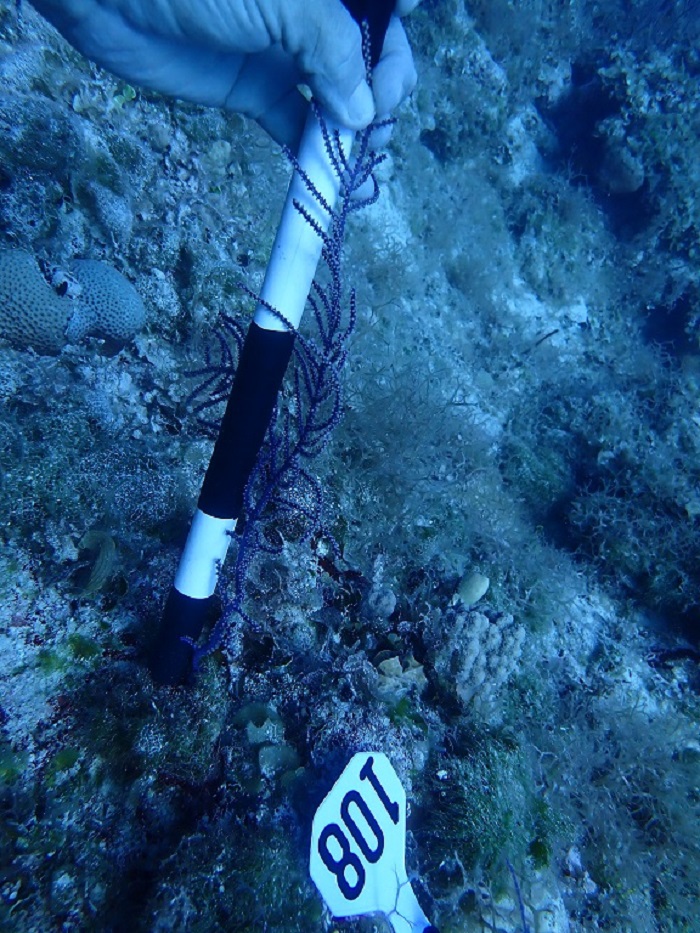
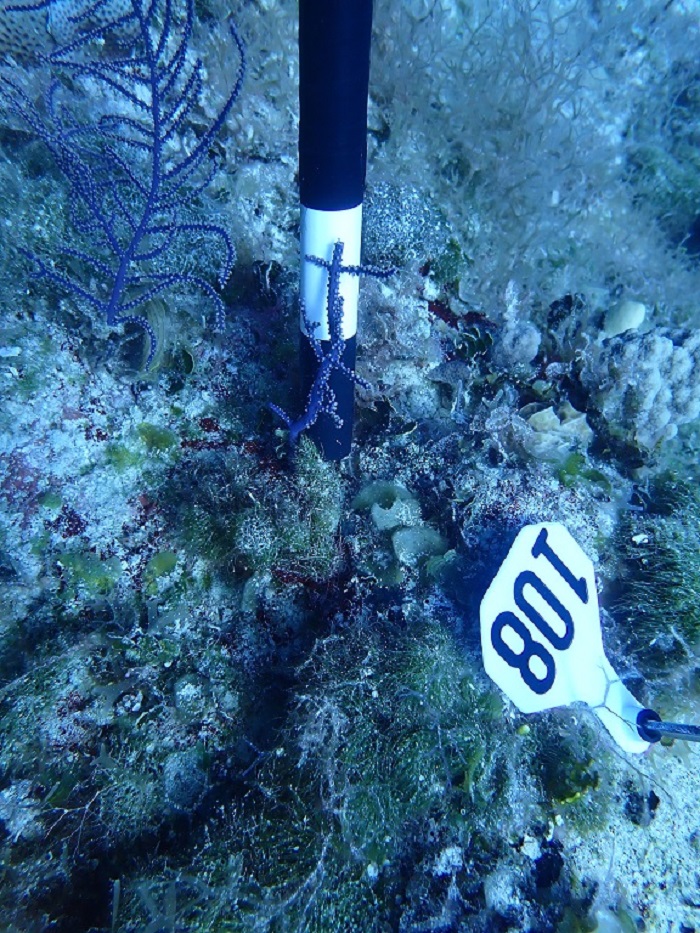
A critical component of the ABS pilot 3 project is the development of a population model to evaluate various harvest practices. Dr. Howard Lasker and his team at the University of Buffalo will be in charge of this component. Dr. Lasker’s group will also conduct a review of the life history characteristics of A. elisabethae that integrates harvest data obtained from fieldwork in Abaco to create the population model. Collectively, this information will be used to develop a management plan for A. elisabethae that includes recommendations for sustainable harvesting. Dr. Craig Dahlgren and I will produce the management plan.
While A. elisabethae is no longer harvested in The Bahamas, other marine species may possess compounds or derivates that could facilitate the development of new products for either medical or commercial purposes. As such, this collaborative research project can serve as a model to recommend standards and appropriate best practices for sustainably harvesting marine species that both align with CBD principles and provide benefits to The Bahamas.
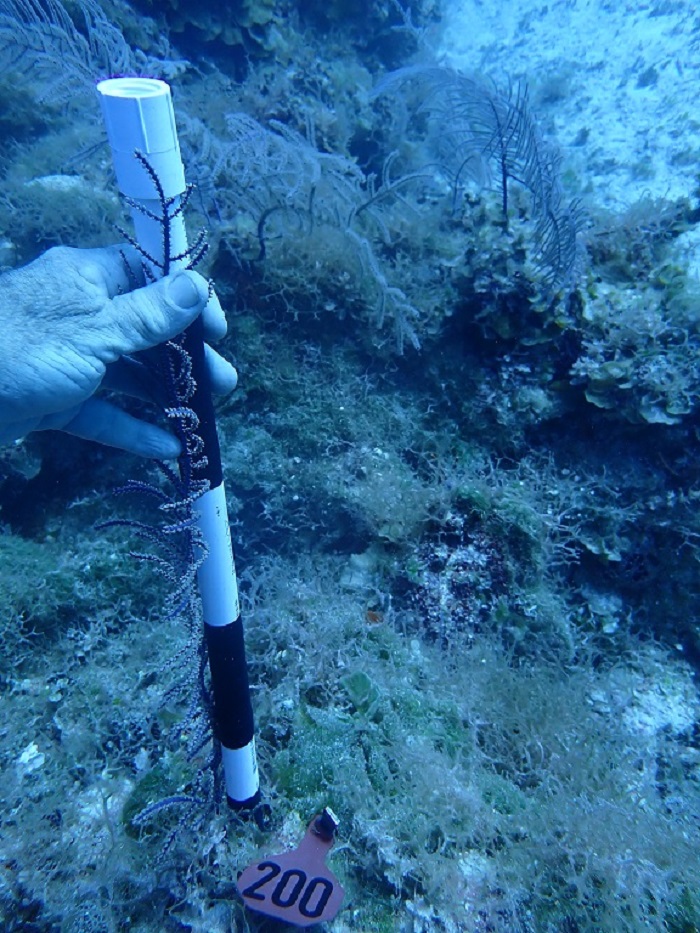
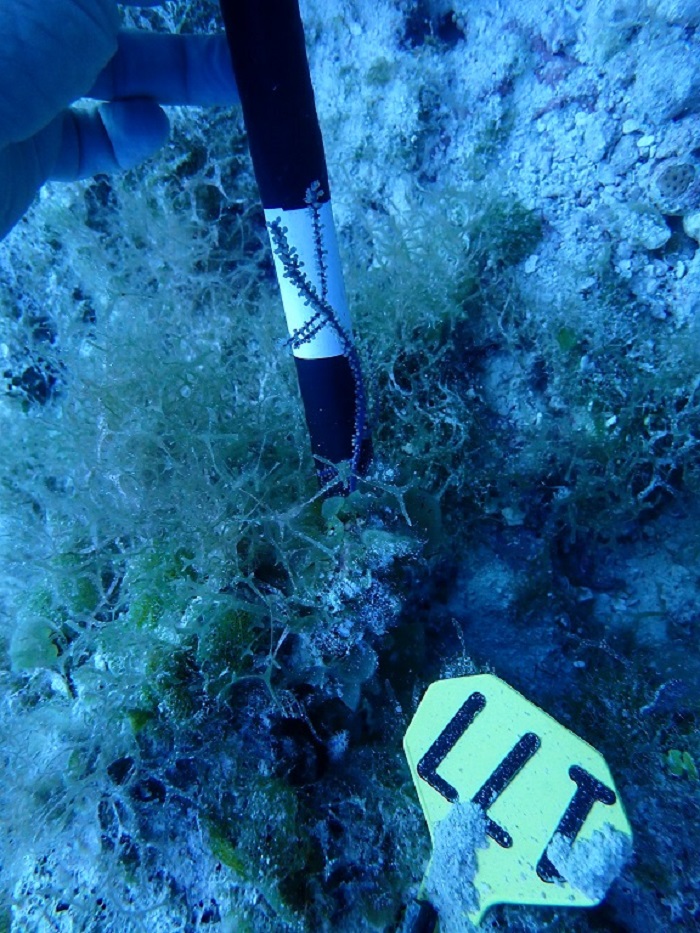
Photo Credits
Underwater photos: Tim Higgs and Mike Sherratt for PIMS
Topside photo: Krista Sherman for PIMS

